Are you experiencing trouble starting your Honda Accord? The starter may be the culprit. While a failing starter can be frustrating, the cost of replacing it doesn’t have to be. We will explore how much it typically costs to replace a starter on a Honda Accord. So, buckle up and let’s dive in.
How Much Does It Cost to Replace a Starter on a Honda Accord?
The cost of replacing a starter in your Honda Accord may vary depending on the quality of the starter and installation service. On average, it can cost between $200 to $600 for the entire process. If you want to ensure high-quality replacement and professional installation, it may cost you around $450.
However, you can opt for a regular starter replaced by a mechanic for about $300, including the installation fee. It’s always better to detect and repair the issue as soon as possible to avoid further damage and expenses.
What is a Starter?
The starter of a car is a crucial component that is responsible for starting the engine. It is an electric motor that is activated when you turn the ignition key. The starter consists of a DC electric motor and a starter solenoid. The solenoid is responsible for closing the high current electric circuit, which then sends power from the car battery to the starter motor.
Essentially, the starter motor spins the engine, allowing it to start and run. Without the starter, your car won’t be able to start, making it a critical component in your vehicle.
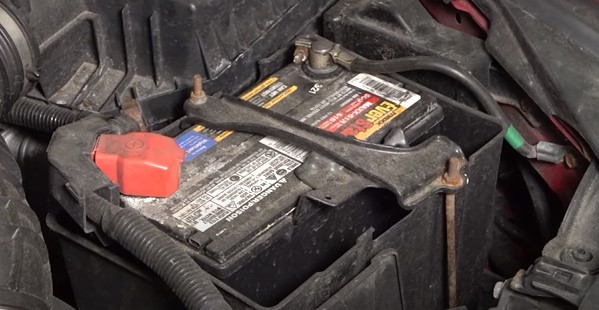
How Does the Starter Work?
When you turn the ignition switch, a small electric current is sent to the starter solenoid. The solenoid then energizes and closes its contacts, while also sending the pinion gear to mesh with the flywheel ring gear. The closing of the solenoid contacts sends battery power to the starter motor, which then spins, starting the engine.
The starter engages the flywheel ring gear and cranks the engine. There are different types of starters depending on the vehicle, such as DD starters, PLGR starters, PMGR starters, PMDD starters, and OGSR starters. Each type has its own components and way of increasing torque.
DD starters have their components attached in a line, while PLGR starters also run off an armature and are better at increasing torque. PMGR starters use permanent magnets, and DD and PMDD starters are similar, with the exception of using permanent magnets instead of field coils. OSGR starters do not run off any armature.
What Are the Signs of a Faulty Honda Accord Starter?
The Engine Fails to Start
If you find that your car is not starting when you turn the key, it could be a sign that your starter is faulty. When this happens, it is usually because either the solenoid or the starter motor is damaged, or there is an electrical issue with the battery.
If you encounter this problem, it’s best to take your car to a qualified mechanic who can diagnose the issue and replace the starter if necessary. It’s important to address the issue promptly to avoid further complications and ensure that your car starts reliably again.
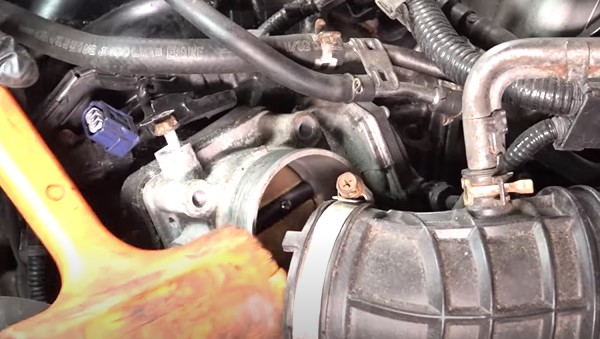
Unusual Starting
If you find that your engine doesn’t start the first time you turn the ignition switch but starts when you try again, it may be a sign that there’s an issue with the starter relay. The starter relay is responsible for transmitting power to the starter, and its failure is often caused by a variety of factors.
These can include dirt or overheating, as well as an electrical fault or greasy contacts. If you suspect that your starter relay may be at fault, it’s important to have it checked and replaced by a qualified mechanic to ensure reliable starting of your vehicle.
Dim Lights
If you start your car and notice that your Honda Accord’s headlights or interior lights dim, it could be a sign that there’s an issue with the starter. This can happen when the starter is consuming more energy than usual or when there’s not enough energy available to start the engine.
In some cases, this can lead to a short circuit or other electrical issues, which can be dangerous and cause further damage to your car.
The Starter Doesn’t Disengage or the Flywheel Doesn’t Engage
When you turn the key to start your Honda Accord, the starting circuit should engage, and the small pinion gear should engage the larger ring gear on the flywheel to start the engine. However, if you hear a grinding noise when starting the engine, it could indicate that the main contacts in the starter solenoid have become stuck.
This can lead to problems with the flywheel, which should engage with the starter’s pinion gear to start the engine. If the flywheel’s teeth are worn or the starter motor’s pinion gear fails to engage with the flywheel, it’s important to switch off your vehicle immediately.
Continuing to run the starter motor can cause significant damage to the starter system and may also be dangerous to the flywheel gear, making the engine unusable.
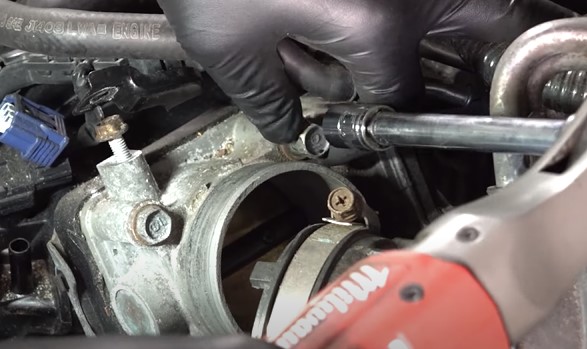
The Starter is Clogged With Oil
If you notice that your starter is covered in oil, it is an indication of an oil leak. This is not a normal occurrence and can be a sign of a problem with your starter. Even small droplets of oil can quickly become a major issue, as they can damage the electrical connections and insulation in the starter.
Grinding Noises
If you hear a loud grinding noise, a clicking, or a whirring noise when you try to start your engine, it could be a sign of a faulty starter. This can happen when the teeth on the starter’s pinion gear are damaged or worn out, which makes it difficult for the gear to connect properly with the flywheel.
Smoke
If you notice or smell smoke coming from your car when starting the engine, it could be an indication that the starter is overheating. This could be caused by a short circuit or a blown fuse. In this situation, it’s important to stop trying to start the engine and have a mechanic examine the issue. Continuing to attempt to start the engine could cause more damage and put you at risk.
Can You Drive Your Accord With a Faulty Starter?
The starter is an essential component of your car’s engine system, and its primary function is to help start the engine. However, once the engine is running, the starter is no longer required. Therefore, if your starter is not functioning correctly, you won’t be able to start your engine or drive your vehicle.
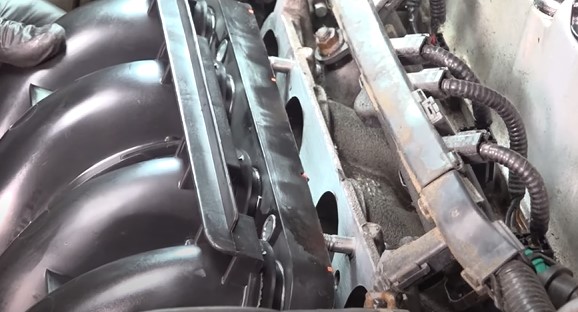
It is crucial to detect any starter issues early and seek professional help from a mechanic to inspect and repair the faulty starter. Ignoring the issue could lead to severe engine damage and eventually render your vehicle unusable.
How Frequently Must Starters Be Replaced?
The starter motor in your car is designed to last a long time, usually between 100,000 and 150,000 miles. In some cases, the starter will last for the entire lifespan of the vehicle. However, newer cars with automatic engine stop-start functionality, which frequently start and stop the engine, are more likely to experience starter motor failure.
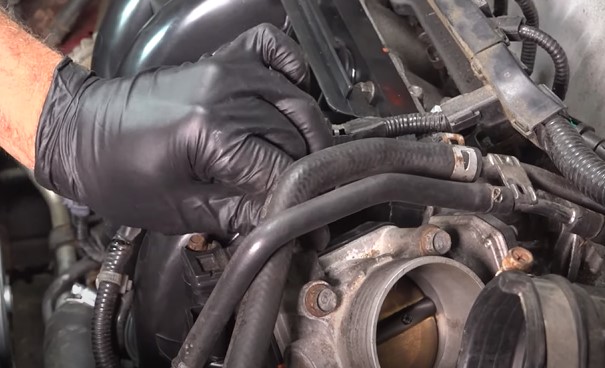
If you notice any issues with starting your car, it’s important to have it checked by a mechanic to avoid further damage and potential safety hazards on the road.
Conclusion
Knowing the cost of replacing a starter on a Honda Accord is essential for car owners to anticipate the expenses involved in maintaining their vehicle. While the price may vary, it’s crucial to have a reliable mechanic inspect and fix any issues with the starter promptly to prevent further damage and ensure the car’s smooth operation.

